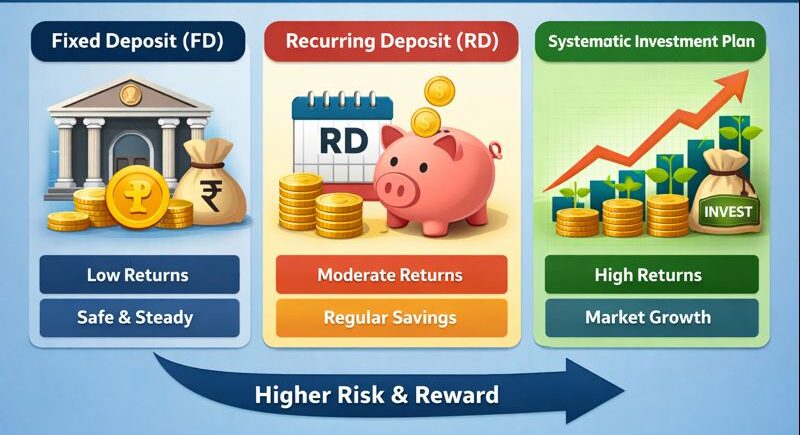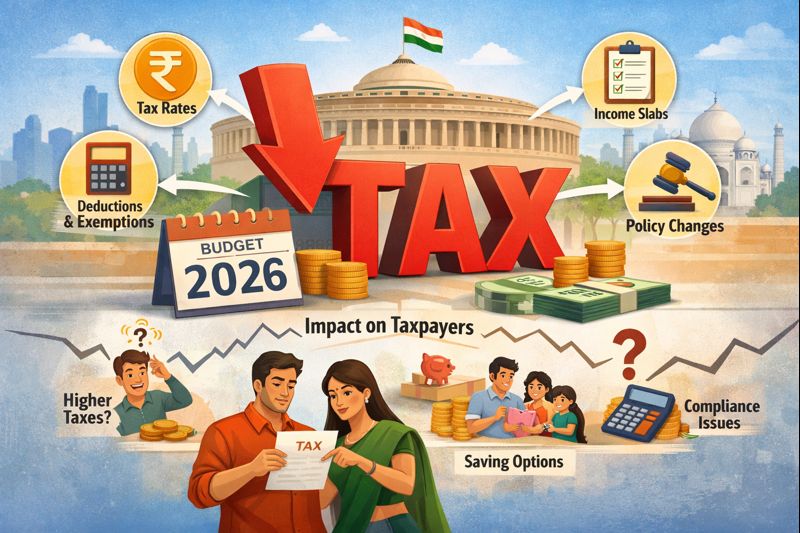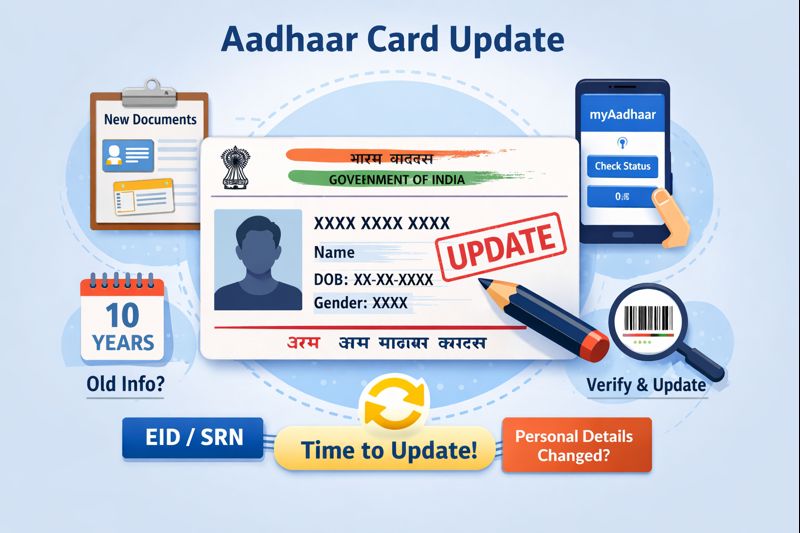Finance Minister Nirmala Sitharaman delivered her seventh consecutive Union Budget 2024-25 on July 23rd, 2024 during the Budget session of parliament. This milestone makes her the first finance minister to present seven consecutive Budget speeches, breaking former Prime Minister Morarji Desai’s record of six consecutive budgets between 1959-64.
Nirmala Sitharaman announced an increased standard deduction and revised tax rates for salaried individuals under the new tax regime. Additionally, customs duties on gold, silver, mobile phones, and other goods were detailed. The Centre’s capital expenditure for FY25 is projected to remain at ₹11.1 lakh crore, the same as in the Interim Budget, with infrastructure spending at 3.4% of GDP.
Highlights of Union Budget 2024-25
1. Revised Tax Slab Rates – A key highlight of the Union Budget 2024-25 is the adjustment of income tax brackets. These revisions are designed to reduce the tax load on salaried workers, increase their disposable income, and stimulate spending.
New Tax Slab Rates for FY 2024-25
- Income up to ₹3,00,000: No tax
- Income from ₹3,00,001 to ₹6,00,000: 5%
- Income from ₹6,00,001 to ₹9,00,000: 10%
- Income from ₹9,00,001 to ₹12,00,000: 15%
- Income from ₹12,00,001 to ₹15,00,000: 20%
- Income above ₹15,00,000: 25%
These revised rates are designed to provide significant relief to middle-class taxpayers and aim to stimulate economic activity through increased consumer spending.
2. Standard Deduction Increased – To alleviate the tax burden even more, the standard deduction for salaried employees has been raised from ₹50,000 to ₹75,000. This adjustment is anticipated to benefit many taxpayers by lowering their taxable income.
3. Employment and Skilling
- Launch of five new schemes over the next five years targeting 4.1 crore youth with a central budget of ₹2 lakh crore.
- Comprehensive internship program to place one crore youth in top companies over the same period.
- Introduction of employment-linked incentives, including wage support for first-time employees.
- Enhanced focus on women-specific skilling programs and efforts to increase female workforce participation.
4. MSME Manufacturing Support
- Emphasis on supporting MSMEs and the manufacturing sector.
- Launch of a credit guarantee scheme and provision of term loans for purchasing machinery.
- Introduction of a technology support package for MSMEs.
- SIDBI to establish 24 new branches to aid MSME clusters.
5. Financial Initiatives
- Mudra loan limit increased from ₹10 lakh to ₹20 lakh for current borrowers.
- Financial support for higher education loans up to ₹10 lakh at domestic institutions.
- Implementation of an integrated technology system to enhance the Insolvency and Bankruptcy Code (IBC) process.
6. Agriculture and Rural Development
- Allocation of ₹2.66 lakh crore for rural development.
- Overhaul of agricultural research to boost productivity and create climate-resilient crop varieties.
- Program to introduce natural farming practices to one crore farmers within two years.
7. Infrastructure and Regional Development
- Development of rental housing for industrial workers through the Public-Private Partnership (PPP) model.
- Allocation of ₹15,000 crore in special financial support for Andhra Pradesh.
- Plans for new airports, medical facilities, and sports infrastructure in Bihar.
8. Economic Outlook
- Inflation moving towards a 4% target.
- India’s economic growth is characterized as a “shining exception.”
- Focus on job creation and increasing consumption, potentially benefiting the consumer goods, real estate, and auto sectors.
9. Digital and Technological Advancement
- Creation of Digital Public Infrastructure (DPI) applications for areas such as credit, e-commerce, law and justice, and corporate governance.
10. Social Welfare
- Extension of the Pradhan Mantri Garib Kalyan Anna Yojana (PMGKAY) for five years, providing benefits to over 80 crore individuals.
11. Women-Led Development
- An allocation of over ₹3 lakh crore has been designated for initiatives specifically benefiting women and girls. This substantial investment aims to support a wide range of programs, from health and education to economic empowerment, ensuring improved opportunities and resources for women and girls across the country.
12. Employer’s Contribution to National Pension Scheme (NPS) increased from 10% to 14%
13. Changes in Capital Gains Tax:
- Short-term gains Tax increased to 20% for financial assets.
- Long-term gains tax set at 12.5% for all Assets.
- Exemption of LTCG of listed Securities capped at 1.25 Lakhs.
Custom Duties on Gold and Silver
In addition to revising income tax slabs, the Union Budget also introduced changes to customs duties on precious metals. These updates aim to balance the interests of domestic consumers and the jewelry industry while managing fiscal responsibilities. The key modifications are:
Gold: The custom duty on gold has been raised from 10% to 12.5%. This adjustment is part of a broader strategy to reduce excessive imports and support the domestic gold mining and refining sectors.
Silver: The custom duty on silver has been increased from 7.5% to 12.5%. This change is expected to align silver duties more closely with global standards and reduce the disparity between the import costs of gold and silver.
Final Thoughts
The Union Budget 2024-25 introduces several changes that will benefit salaried individuals. By adjusting the tax slab rates and increasing deductions and rebates, the government aims to enhance disposable incomes, thereby stimulating consumption and economic activity. As these measures come into effect, salaried individuals can expect a more favorable financial environment in the upcoming fiscal year.
Source – livemint, hindubusiness, economic times







